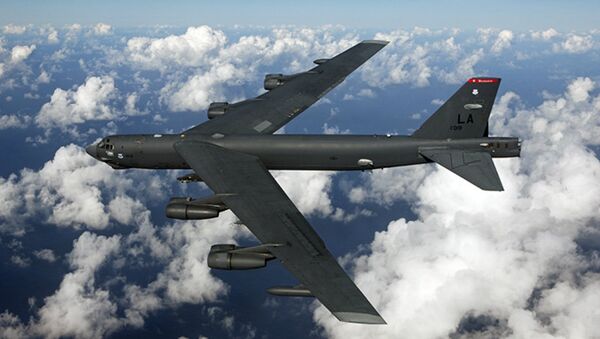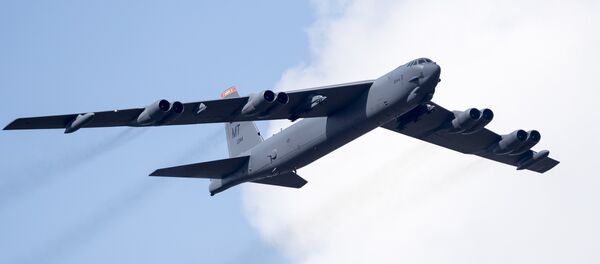From an operations perspective, replacing the engines makes “great sense,” Vice Chief of Staff Gen. Stephen Wilson said, during an Armed Services Committee hearing Tuesday. “If we had it in our budget, we’d do it, but we don’t have it.”
The eight-engine bomber racks up a $69,708 bill for taxpayers for every one hour of flight time, according to Air Force data.
One reason for the Air Force’s budget woes are the seemingly never-ending wars currently being waged around the world by Washington. “This non-stop combat, paired with budget instability and lower-than-planned top lines made the United States Air Force one of the smallest, oldest-equipped, and least-ready in our history,” Wilson said.
Nevertheless, the Air Force is moving forward with replacement plans. The service told engine producers that it is seeking requests for information (RFI) for new engines for the Cold-War era bomber.
One possibility is for the service to adopt a public-private arrangement to finance more engines for the B-52. In this scenario, “somebody funds the engine and then we pay them back over time out of the fuel savings, which are generated out of the new engines,” Lt. Gen. Mike Holmes said in 2015.
In January, an engine fell off a B-52 during a training flight. Although the pilots used the airborne goliath’s seven other engines to land safely, the event spurred analysts to consider alternative engine arrangements for the aging warplane.


